
Sustainability and Ecology
Master of Science | PG Certificate | PG Diploma
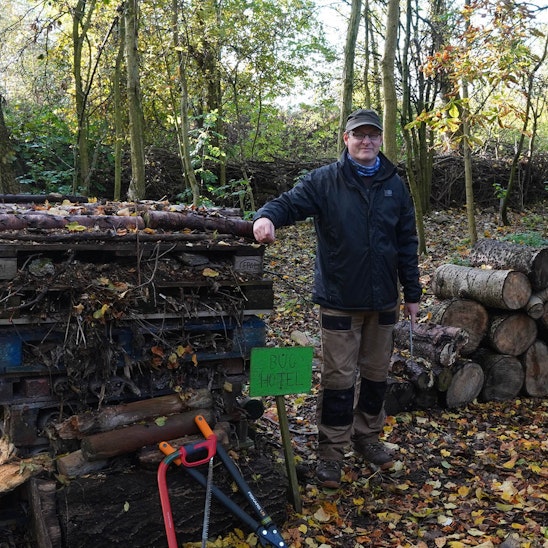
CAT Stories: Mike Thomas
The Sustainability and Ecology course appealed to Mike after he developed an interest in conservation in 2019 through his experiences as an active community woodland volunteer with the North Wales Wildlife Trust. He decided to study with us to deepen his understanding and knowledge of how ecosystems functions could inform his conservation work.
Currently a student on the course Mike is hoping to study and further research woodland ecology, community woodlands and their contribution to carbon storage through his dissertation.
Optional modules
Introduction to Politics and Economics of the EnvironmentThis module introduces students to roles of power, policy, agency and economic structures that produce crises in the context of the environment, and our responses to these crises.
Through a range of topics including political and economic tools for change, environmental justice and inequalities and environment and systems change across global, national, and local scale, you will study the theoretical underpinnings to understanding the importance of political and economic systems to transformational change.
The module takes an interdisciplinary, critical approach to examine how unequal power relations have been constructed, and their environmental and societal consequences. It will consider the societal consequences of unsustainable governance of nature and the built environment.
We will also draw on current and historic social and environmental debates and events to illustrate the application of a range of critical analytical approaches, such as political ecology, discourse, global political economics, and policy studies.
This is a 15 credit module.
Read more about this module for courses awarded by the University of East London: EV7131 – Introduction to Politics and Economics of Environment (After September 2022)
Read more about this module for courses awarded by Liverpool John Moores University: 7502CATSCI - Introduction to Politics and Economics of the Environment - LJMU
What’s it like to study at CAT? Read more about the teaching and learning experience.
This module will introduce students to the complexities of cities and communities and their local and global interconnections. You will examine how these conditions interact with the task to transform, reclaim, and reproduce the city and built environment amid global environmental change
The module will develop your knowledge of current research and discourse concerning adaptation planning and sustainability of cities and communities, and their place in current and future environmental contexts.
You will gain a thorough understanding of key elements, including infrastructures, maintenance issues, energy budgets, material flows, waste disposal, transportation and the social dynamics that underlie the development and management of communities and cities.
Following a critical assessment of the complex factors that influence the provision of sustainability and adaptation planning within urban and community focused environments, you will be able to recognise and rationalise the prospects for innovative research and practice for regeneration in the built environment.
This is a 15 credit module.
Read more about this module for courses awarded by the University of East London: EV7105 – Cities and Communities UEL
Read more about this module for courses awarded by Liverpool John Moores University: 7504CATSCI - Cities and Communities - LJMU
What’s it like to study at CAT? Read more about the teaching and learning experience.
This module involves a systematic evaluation of the environmental impacts and the wider social and health implications of building materials, looking at the use, performance and usability of different materials.
You will gain a thorough appreciation of how environmentally sustainable materials offer creative opportunities for the use and development of high quality, healthy, effective, and long-lasting products that can enhance rather than damage ecosystems. You will learn about the advantages and disadvantages of different materials, and look at how to use sustainable options in the most effective ways.
We explore issues around the availability, cost, physical properties, construction methods and general perceptions of environmentally responsive materials, looking at ease of use, mainstream acceptance, design limitations, logistical considerations and economic viability.
Students joining us on-site for the study visit will get hands-on experience with sustainable building materials in this highly practical module, working with rammed earth, cob, hemp and lime, timber and straw bales.
This is a 15 credit module.
Read more about this module for courses awarded by the University of East London: EV7110 – Sustainable Materials in the Built Environment UEL (After September 2022)
Read more about this module for courses awarded by Liverpool John Moores University 7507CATSCI - Sustainable Materials in the Built Environment - LJMU (36244 downloads )
What’s it like to study at CAT? Read more about the teaching and learning experience.
This module takes an in-depth look at global and local trends in food production, diet and health, and the impact of food production on the environment, including climate change.
We explore how food can be produced sustainably, looking at the role of consumer behaviour, economics, technology and legislation.
You will study the complex interplay between global and local food markets, vertical integration of agriculture, consumer diets and health, ‘food sovereignty’, the impact of machinery and transportation, economics, labour and environmental externalities on the sustainable production of food.
You will critically evaluate how current markets, policies and consumer behaviour could be transformed to ensure greater sustainability in food production and resource use.
This is a 15 credit module.
Read more about this module for courses awarded by the University of East London: EV7129 - Food Systems and Sustainability (after September 2024)
Read more about this module for courses awarded by Liverpool John Moores University: 7503CATSCI - Food Systems and Sustainability - LJMU
What’s it like to study at CAT? Read more about the teaching and learning experience.
In this module, we study the biogeography of crops and the importance of geographical climate, soil and water resources; and also the science behind GMOs, energy crops and different approaches to growing food, including organic agriculture, conventional agriculture, permaculture, agroforestry and agroecology, looking at the current and potential use of different systems.
You will use data to analyse the environmental impacts of different food production methods on greenhouse gas emissions, carbon sequestration, soil health, biodiversity and ecosystem services.
You will develop an appreciation of the key scientific advances, debates and uncertainties in sustainable food production.
This is a 15 credit module.
Read more about this module for courses awarded by Liverpool John Moores University: 7510CATSCI - Sustainable Food Production: Techniques and Practices - LJMU
What’s it like to study at CAT? Read more about the teaching and learning experience.
Based on a project that you are undertaking in practice, for example in your workplace or community, this module allows you to deepen your knowledge and understanding of a specialist subject within your chosen field of study.
You will undertake analysis of complex evidence and develop critical responses to existing theoretical discourses, methodologies or practices within your chosen specialist area.
This is a 15 credit module.
Read more about this module for courses awarded by Liverpool John Moores University 7509CATSCI - Work-based Project - LJMU
What’s it like to study at CAT? Read more about the teaching and learning experience.
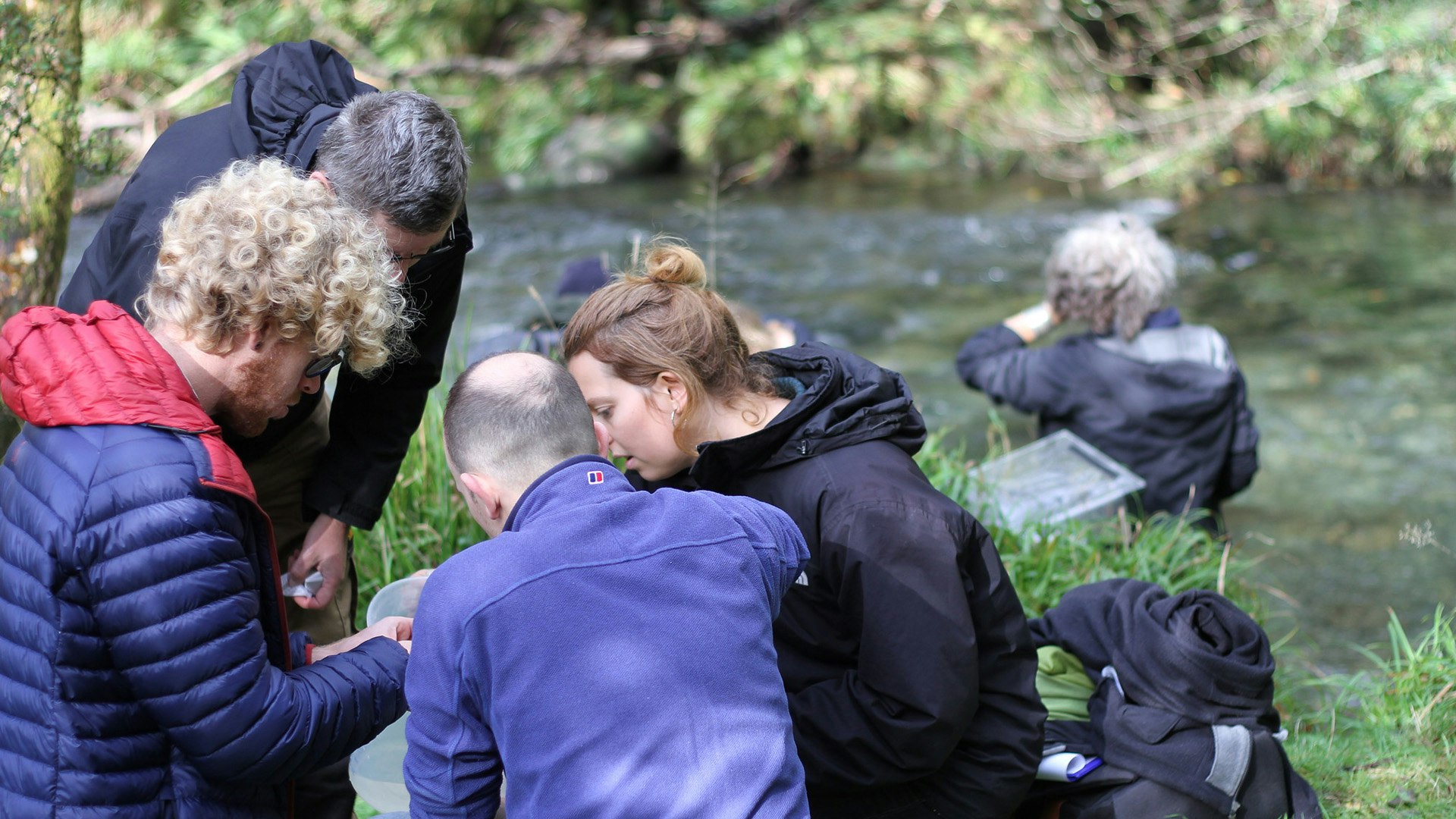
Fees and funding
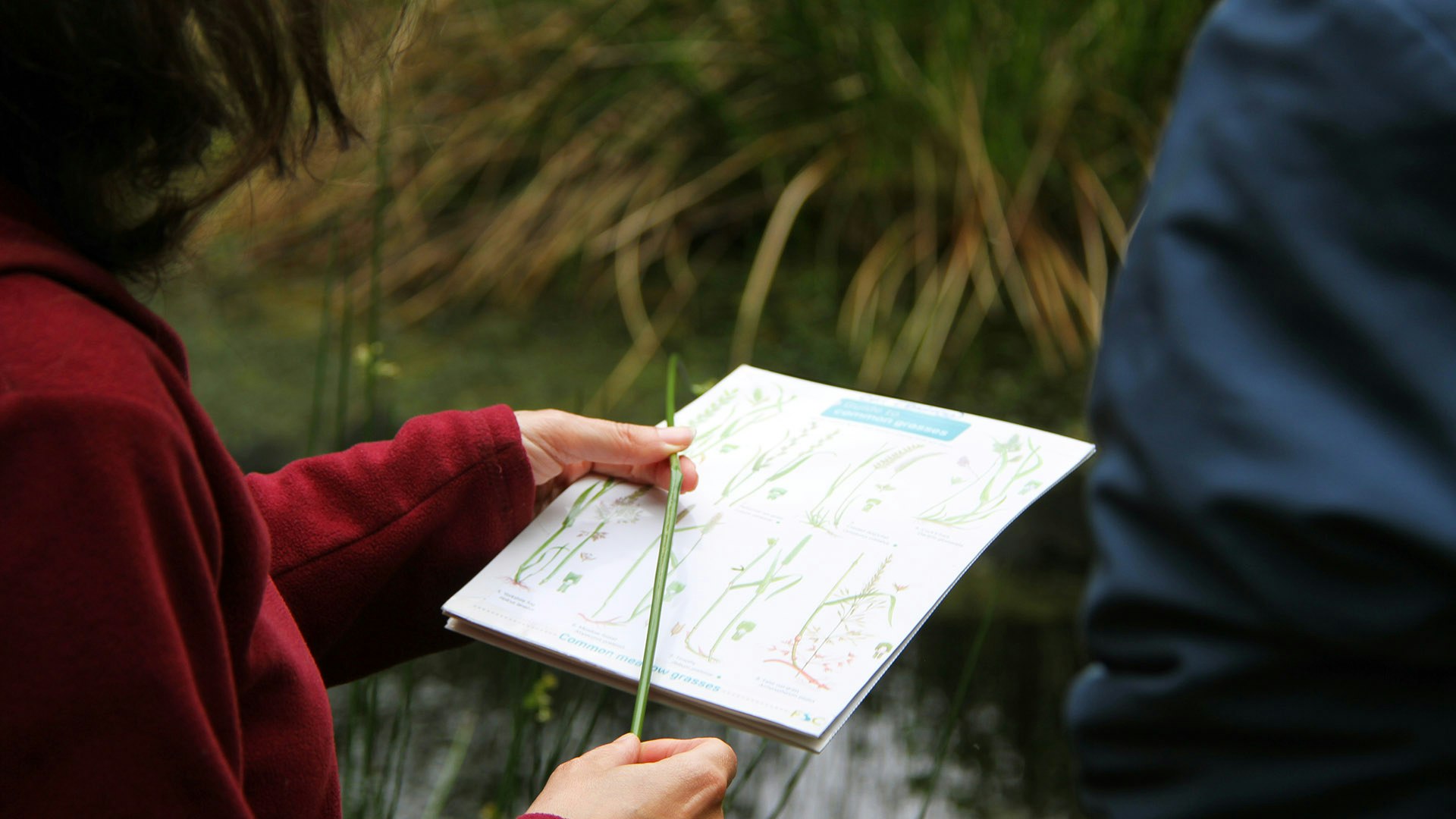
Entry requirements
We ask for a Bachelor’s degree or knowledge and skills equivalent to degree standard.
IELTS 6.5 (or equivalent) is required for applicants whose first language is not English.
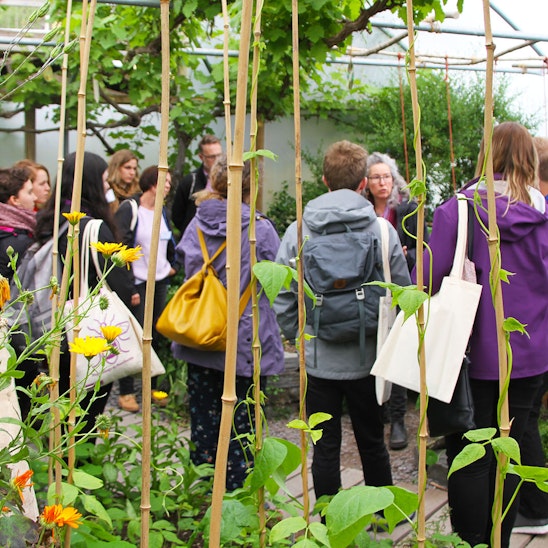
Open Day
Join Graduate School staff on a Graduate School Open Day to find out more about studying one of our postgraduate courses.
Learn more about studying at CAT

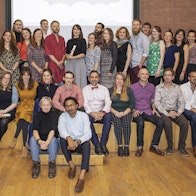
Career Pathways

International
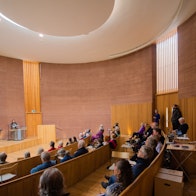
Facilities and Location

Distance Learning
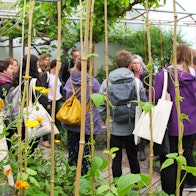
Open Days and Events
APPLY
Apply for our 2025 entry to study on our MSc in Sustainability and Ecology.
Due to high interest we recommend you apply early as we consider applications on a first-come first-served basis. If you have further questions or need support with your application then do get in touch.


